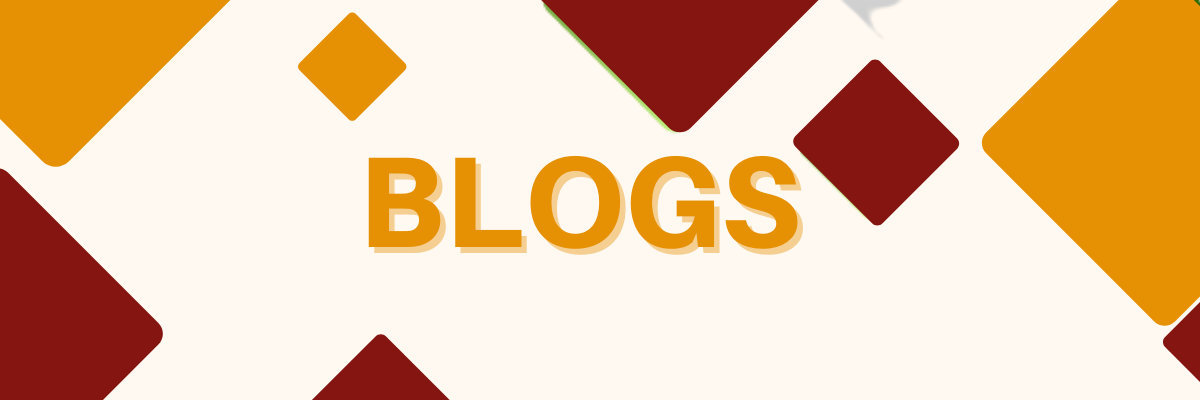Hair loss is also known as alopecia. Men and women both may experience hair loss in their lifetime. If you are experiencing hair loss, it may be due to stress.
In this article, we are going to discuss how stress can affect your hair health and whether its effects are permanent. Also, what steps you can take to encourage hair growth.
Stress-related Hair Loss

All hair loss causes are not related to stress. 3 types of hair loss are linked with high-stress levels:
Telogen effluvium
Telogen effluvium (TE) happens when the number of hair follicles that are growing your hair change. If this change occurs during your hair’s telogen — or resting — stage, it will cause shedding.
You may not see thinning all over the head, just in small patches, especially toward the centre of your scalp. People affected by TE usually do not lose all of their hair.
Alopecia areata
Alopecia areata (AA) is an autoimmune condition. It happens when your immune system attacks the hair follicles. This may be stimulated by stress and can result in hair loss.
You may lose your hair in round patches on the scalp, or the entire scalp. In a more severe form of alopecia areata called alopecia universalis, hair loss occurs in the whole body.
Even though there is no cure for alopecia areata, some prescription medications may help if you have over 50% hair loss.
Trichotillomania
Trichotillomania is also considered as a hair-pulling disorder. You might feel an urge to pull out hair from your scalp or other parts of your body. It’s regarded as an impulse control disorder.
You may find that this happens without much thought, like when you are distracted or bored. However, it can also be intentional and used as a way to relieve stress or other negative emotions.
What you can do?
There are steps that you can take to reduce hair loss and encourage new growth.
Nutrition and Diet
Eating a balanced diet is necessary for your body — and your hair.
Even though it is important to include all essential vitamins in a healthy diet, some primarily contribute to hair growth:
- Vitamin C: This vitamin is vital for building your collagen; it is the skin’s connective tissue that is also found in hair follicles.
- Vitamin B. This complex of several vitamins encourages a healthy metabolism, along with healthy skin and hair.
- Vitamin E: This vitamin contains antioxidants, which contribute to a healthy scalp.
If enough of these nutrients are not in your daily diet, consult your doctor about taking supplements. Also, remember to keep yourself hydrated for healthy hair growth.
Stress Management
Learning how to manage your stress levels may help in reducing further hair loss. You may have to try different stress-management methods before you find what works best for you.
Ways to reduce stress:
- Exercise: Exercise is an excellent way to eliminate stress. Try taking a daily walk, join a dance class, or do some yard work.
- Hobbies: Occupy yourself with things that you enjoy doing; it can be an excellent method to combat stress.
- Writing: Try taking a few minutes every day to write about your feelings and the reasons for your stress. Reviewing your daily activities that trigger your stress can help you find ways of coping with them.
- Breathing and meditation: Many consider breathing exercises and meditation as effective ways to reduce stress. It keeps you focused in the present.
Not Seeing any Improvement?
It might be that your hair loss is not stress-related. Some other factors or conditions could lead to hair loss.
Other reasons for your hair loss may include:
- Ageing
- Genetics
- Illness or a recent surgery
- Chemotherapy
- Medications, such as antidepressants or some blood thinners
- Hormonal changes, like menopause or childbirth
- Nutritional deficiency, like a lack of iron or protein
If you have stress-related hair loss, then your hair follicles are not permanently damaged. So, manage your stress and take good care of your health. This could result in your hair coming back to a regular rate of growth.
If over the counter medications (OTC) are not working — or you do not see any changes— see your hair doctor. They can help determine the reason for your hair loss and advise you on steps to take. If hair regrowth is possible, they can help in finding the best hair treatment plan for your symptoms.




